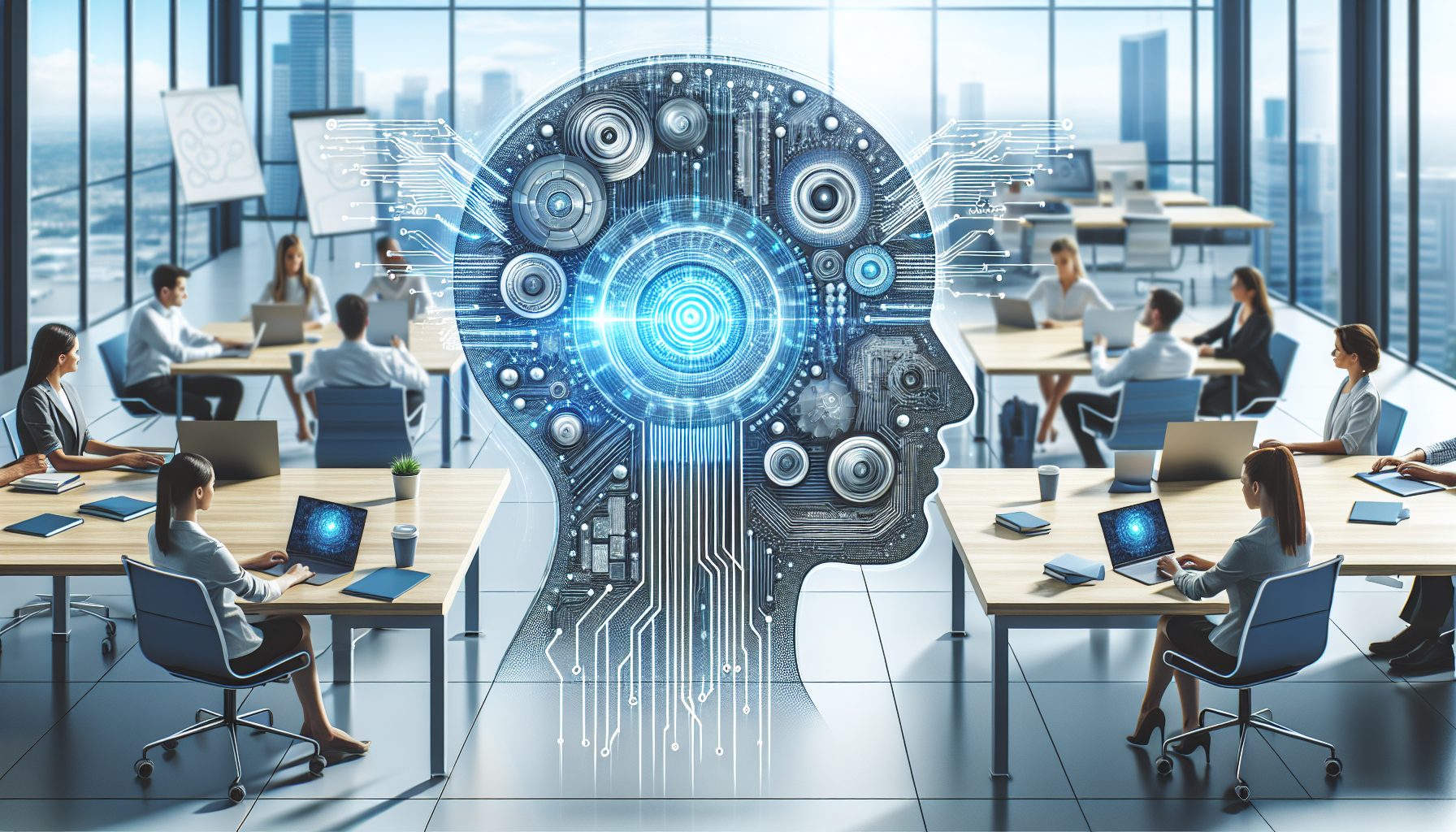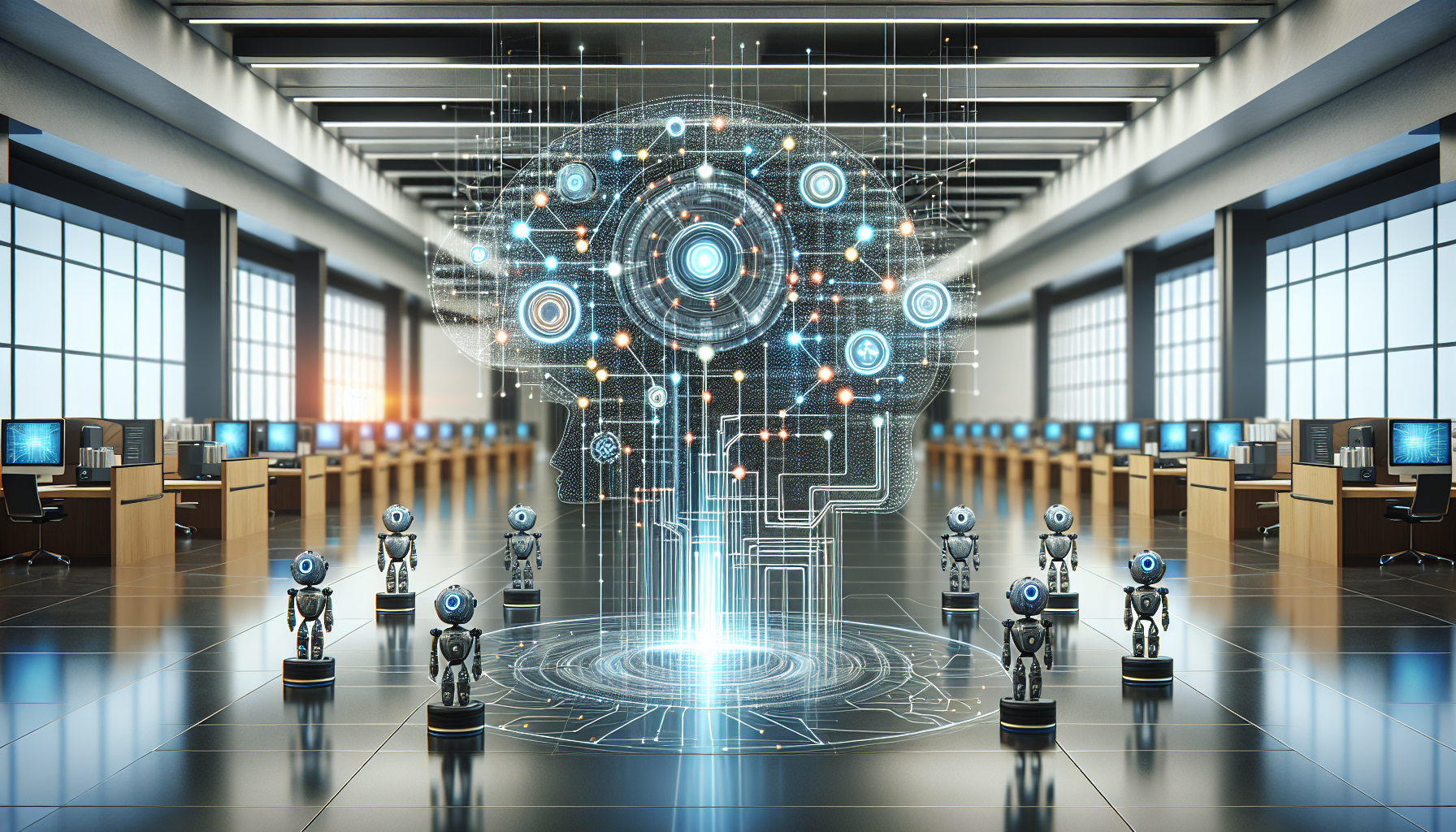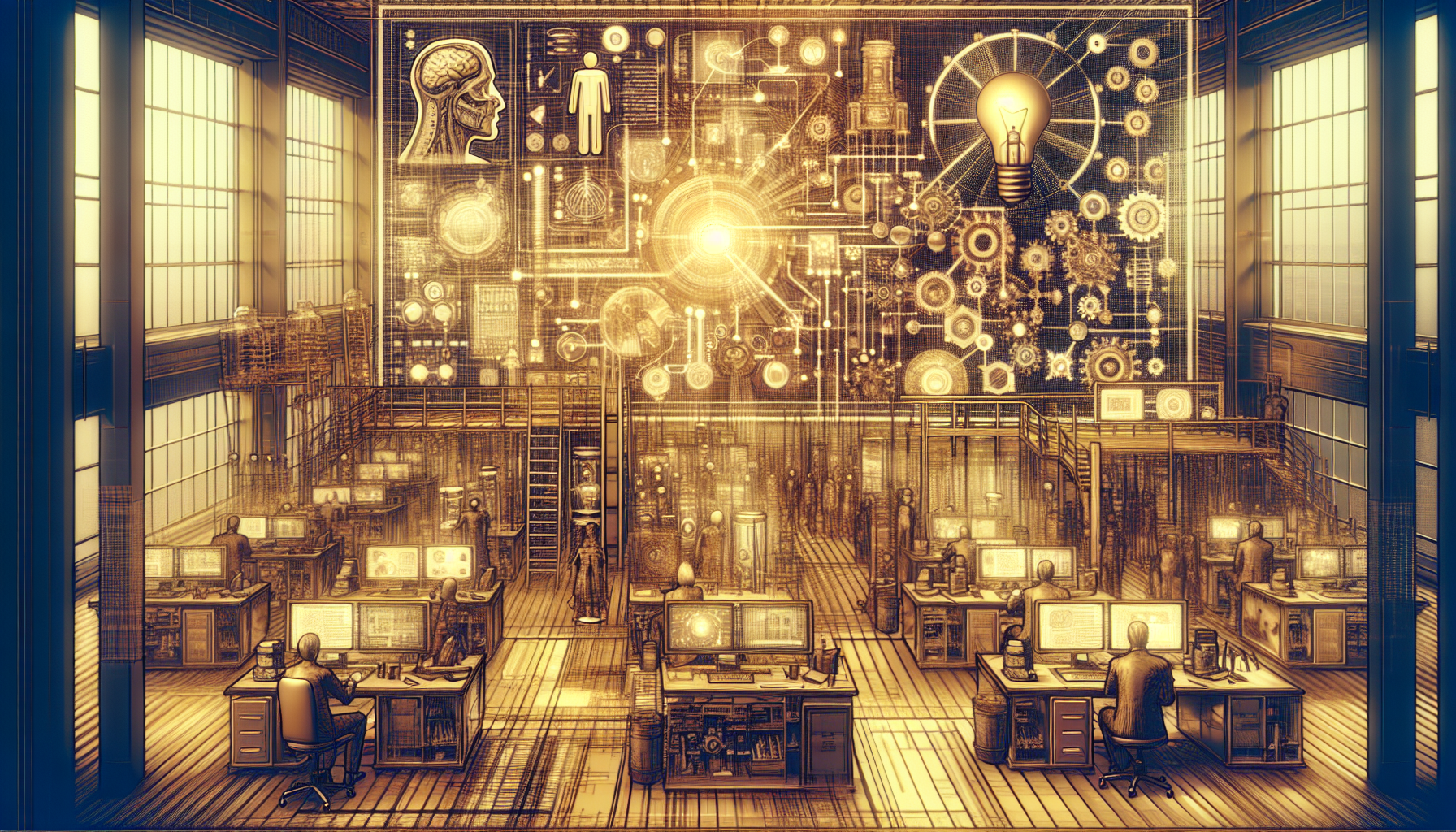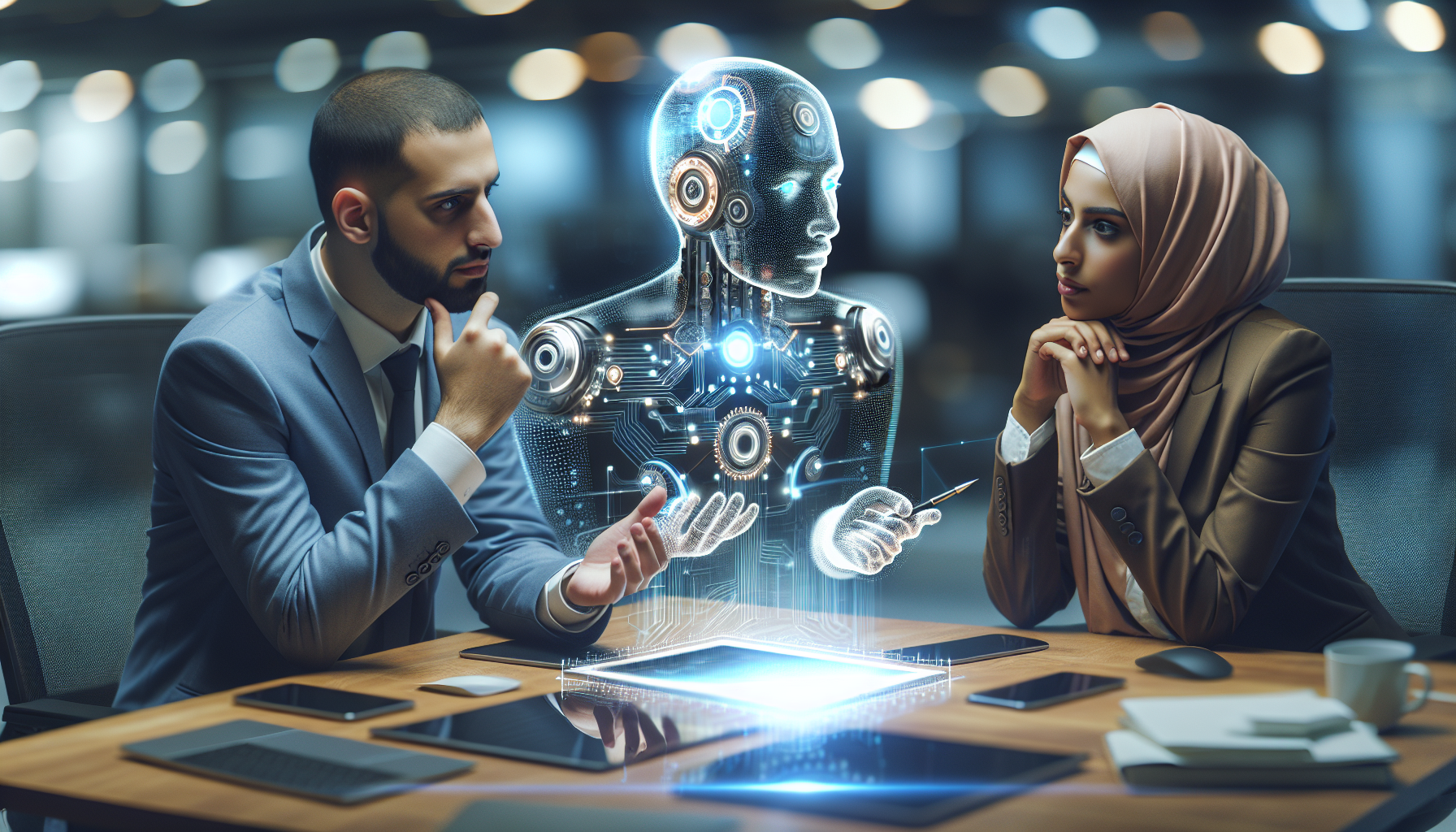
The Evolution of Artificial Intelligence: From Concept to Reality
October 17, 2025
Artificial intelligence (AI) has transitioned from a speculative idea, once confined to the pages of science fiction, into a tangible force reshaping various facets of contemporary society. As we delve into the evolution of AI, it is crucial to reflect on its roots, appreciate its current applications, and anticipate its future potential. This journey from concept to reality reveals the profound impact AI has on human life, offering a blend of opportunities and ethical challenges that necessitate thoughtful consideration.
The concept of artificial intelligence is not new. Philosophers and visionaries have long dreamed of creating machines that could emulate human thought and reasoning. The term "artificial intelligence" itself was coined by a group of forward-thinking scientists who envisioned machines capable of performing tasks that typically require human intelligence. This foundational idea, while ambitious, set the stage for decades of research and development.
The early days of AI were marked by enthusiasm and experimentation. Researchers sought to understand how machines could learn from data, leading to the development of algorithms that mimicked the neural processes of the human brain. Despite initial setbacks and periods of stagnation, often referred to as "AI winters," the persistence of scientists and engineers eventually bore fruit. The advancement of computing power and the availability of vast amounts of data propelled AI from theoretical models to practical applications.
Today, artificial intelligence permeates various industries, from healthcare and finance to transportation and entertainment. In healthcare, AI aids in diagnosing diseases with greater accuracy, unlocking new possibilities for personalized medicine. Financial institutions leverage AI to detect fraudulent transactions, enhancing security and efficiency. Autonomous vehicles, once a figment of imagination, are now being tested on roads worldwide, promising to revolutionize transportation.
Despite these advancements, the rapid evolution of AI raises questions about the ethical implications of its widespread adoption. The potential for AI to disrupt job markets is a pressing concern, as automation threatens to replace human labor in certain sectors. Moreover, the ethical use of AI systems, particularly in surveillance and decision-making processes, demands careful scrutiny to ensure that these technologies uphold human rights and privacy.
A lesser-known aspect of AI's evolution is its impact on creativity and the arts. Artists and musicians are increasingly using AI to explore new realms of expression, blending human creativity with machine-generated inputs. This collaboration between human and machine challenges traditional notions of authorship and creativity, prompting us to reconsider the boundaries of artistic innovation.
Another fascinating dimension of AI's evolution is its role in addressing global challenges. AI algorithms are being harnessed to tackle climate change by optimizing energy consumption and predicting environmental impacts. In agriculture, AI-driven solutions improve crop yields and resource management, supporting efforts to feed a growing global population. These applications illustrate AI’s potential to contribute positively to societal challenges, provided they are implemented responsibly.
As artificial intelligence continues to evolve, the question of control becomes paramount. Who governs AI, and how do we ensure that its development aligns with human values? The creation of ethical frameworks and international guidelines is essential to navigate the complexities of AI governance. Collaborative efforts among governments, private enterprises, and academia are imperative to establish regulations that safeguard against misuse while promoting innovation.
The evolution of artificial intelligence invites us to reflect on what it means to be human in an increasingly automated world. As machines become more capable of performing tasks traditionally reserved for humans, we are prompted to redefine our roles and responsibilities. This shift compels us to focus on uniquely human qualities such as empathy, creativity, and critical thinking—attributes that machines, despite their growing capabilities, cannot fully replicate.
Ultimately, the journey of artificial intelligence from concept to reality is a testament to human ingenuity and resilience. It is a narrative that underscores the importance of ethical considerations as we navigate uncharted territories. As AI continues to shape our world, we must remain vigilant, ensuring that it serves as a tool for empowerment rather than a catalyst for division.
In contemplating the future of artificial intelligence, we are left with a profound question: How can we harness the power of AI to enhance the human condition while preserving the ethical and moral fabric of society? This question invites ongoing dialogue and exploration, challenging us to envision a future where AI complements, rather than competes with, human potential.


